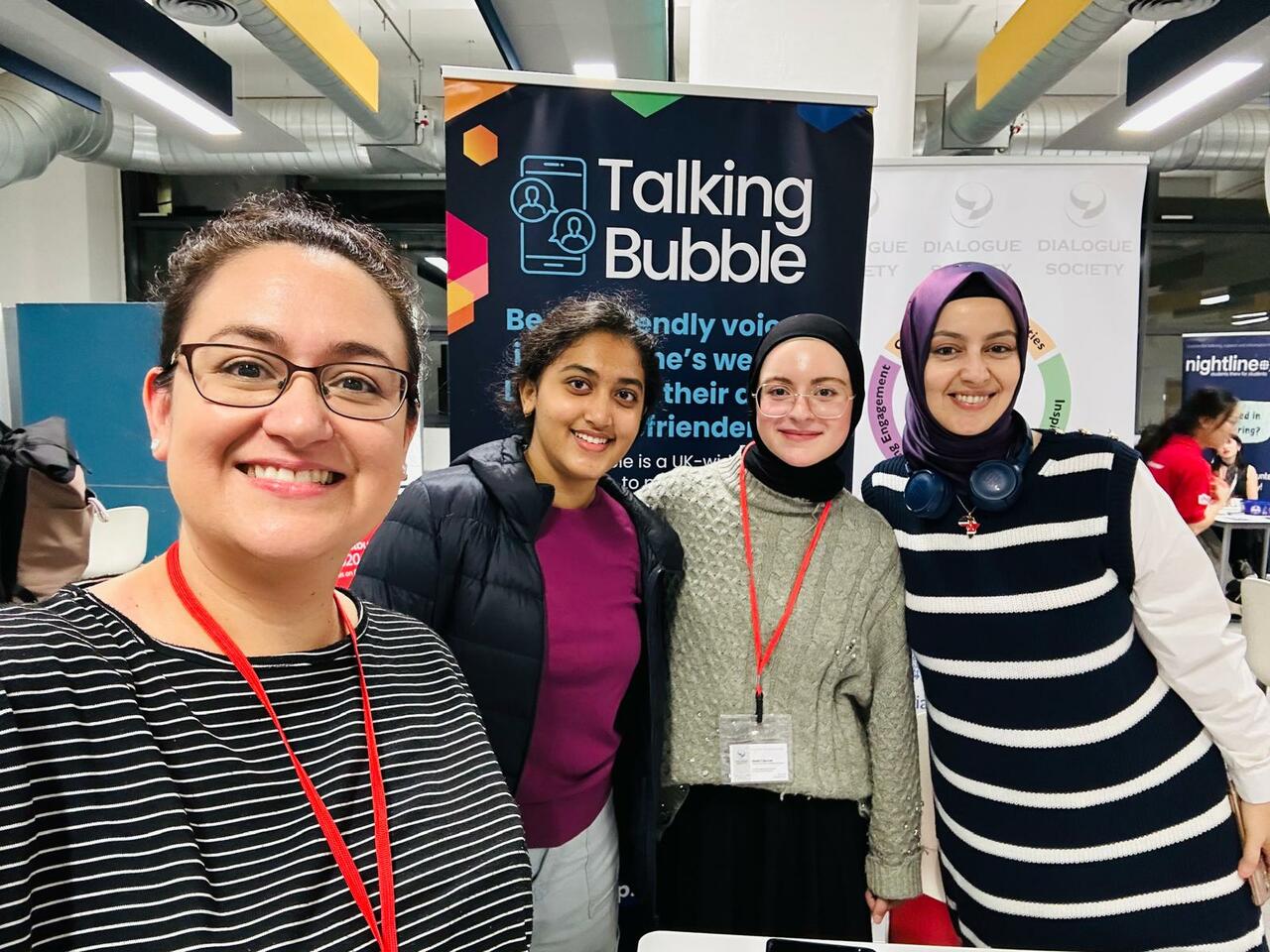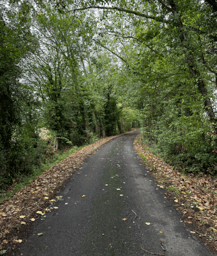Behind the Scenes of Social Cohesion: My LiA at Dialogue Society

What work goes on behind the operations of an NGO? What does it mean to "work" on social cohesion? These were the questions that guided me as I embarked on my Leadership-in-Action (LiA) project with Dialogue Society, a charity in London dedicated to promoting social cohesiveness. Dialogue Society's work focuses on bringing people together, creating opportunities for participation, and cultivating frameworks for communication and community development.
In my six weeks with the organization, I hoped to answer these questions by immersing myself in the real, everyday efforts behind social cohesion work. My objective was to grow as a professional, connect meaningfully with others, and understand the subtleties of leadership in this context. Now, reflecting on my journey, I see how this experience offered me growth and insights that went far beyond my initial expectations.
From the outset, I was assigned three main projects. First, I contributed to a research paper titled "Countering Extremism and Building Trust," where I expanded the literature review, added new case studies, and supported the organization’s academic database. This paper focused on the pressing need to counter extremism by nurturing trust within diverse communities.
My second assignment was to develop a manual for Dialogue Society’s "Life of a Chickpea" program—a project shortlisted for the BBC Project of the Year Award. This unique program aimed to instill "British values" in young children through interactive activities. By the end of my six-week tenure, I had created a comprehensive 40-page guide for this initiative, a resource now available for volunteers delivering the program in schools.
Finally, I was tasked with analyzing the charity’s social media platforms. My reports focused on engagement metrics, platform visibility, and other key performance indicators to help Dialogue Society understand and enhance their online outreach.
Together, these tasks formed the core of my project responsibilities. While they offered an opportunity to learn technical skills, I also came to realize that these projects would reveal a lot about my professional values and strengths.
Throughout my project, my primary stakeholders were the charity’s team members and the communities Dialogue Society serves. Dialogue Society operates like a family; its employees see each other as a support network, with genuine connections and shared values that shine through in their work. This atmosphere was a key part of my growth. Initially, I aimed to improve my networking skills by connecting with my colleagues and managers. To my surprise, forming these relationships required little effort—the environment was naturally welcoming and close-knit. Lunchtimes, meetings, and even the daily goodbyes felt like family traditions rather than workplace formality.
From a leadership perspective, this close environment taught me the true power of values in the workplace. Dialogue Society staff demonstrated a unified commitment to social cohesion, creating an organizational culture that was built on mutual respect and shared purpose. I realized that when everyone truly believes in the work being done, the outcomes go beyond tasks completed—they reach into the heart of community impact. This reinforced my own commitment to seek work that aligns with my personal and professional values. These realizations and values have helped me understand my teammates' backgrounds and points of view in my current position as a leader in my university society. It has helped me see beyond just the actions of people, to the reasons for those actions and has lent me a problem-solving mindset.
One of my biggest challenges during the project was adjusting to the office-based, analytical nature of my assignments, which demanded long hours of focused desk work. Fortunately, the hybrid nature of the LiA project allowed me to work both in the office and from home, giving me the flexibility to structure my work in a way that best suited my rhythm. This arrangement not only helped me stay engaged but also boosted my productivity and made it possible to finish my initial tasks ahead of schedule.
By week four, I had completed my primary responsibilities and was assigned a new project in line with my growing interests. Having completed my core projects allowed me to dig deeper into Dialogue Society’s impact in ways that felt even more fulfilling. This flexibility and additional responsibility reinforced my belief in the importance of working environments that allow for personal autonomy and growth.
In reflecting on my experience, I found that my initial situation involved entering a close-knit charity environment with a mission of social cohesion. My tasks ranged from research to manual writing to social media analysis. My actions were guided by a commitment to deliver high-quality results and build connections. The result was successful completion of my projects and a deep sense of belonging within the organization. The most significant learning? The realization that I thrive in environments where my values align with the organization’s mission and that true leadership comes from shared commitment rather than hierarchy.
The impact of my work will endure in several ways. The research paper and manual I developed will continue to support Dialogue Society’s community projects, and my social media analyses will help the organization expand its outreach efforts. More importantly, I hope the connections I made will continue to contribute to Dialogue Society’s supportive environment.
If I were to repeat this Leadership-in-Action experience, I would dive even more actively into discussions and community events, seeking to understand the organization's broader impact on individuals and communities. Through this experience, I’ve learned that my professional fulfillment is closely tied to the shared values and passions in the workplace, and I am eager to carry this insight into future roles.
Overall, my Leadership-in-Action project at Dialogue Society taught me that the most meaningful work environments are those where people believe deeply in their mission. This belief, I realized, transforms tasks from duties into contributions that drive genuine change. It’s a lesson in leadership I won’t soon forget.

Please sign in
If you are a registered user on Laidlaw Scholars Network, please sign in